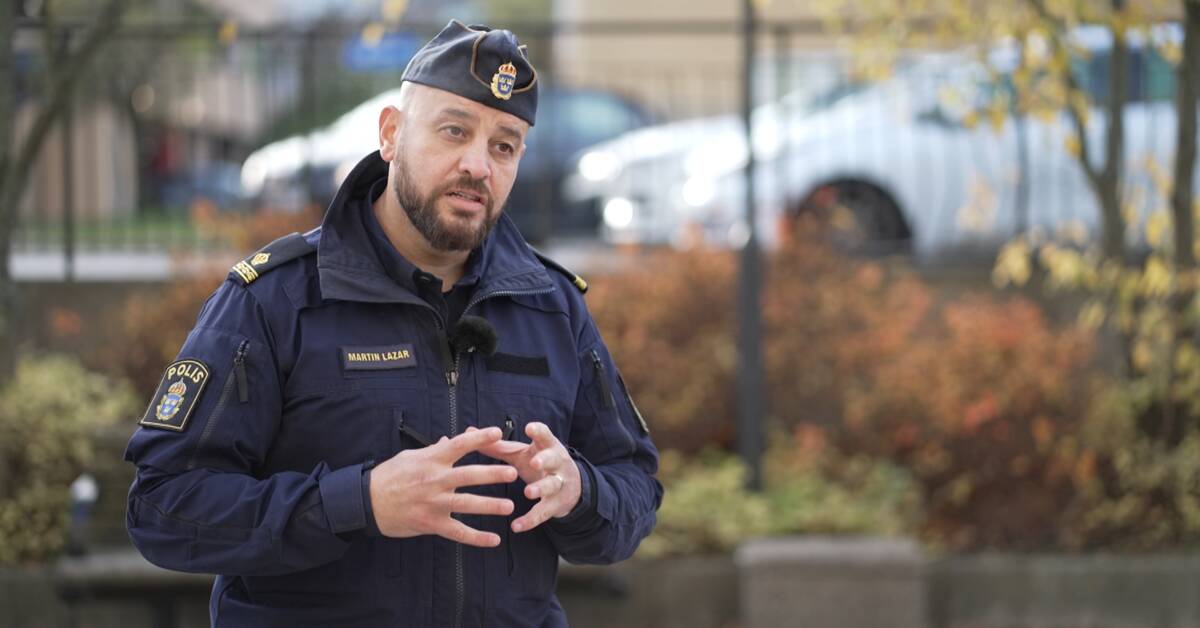The police union calls the government's proposal "a catalog of repressive measures".
Some proposals, such as residence bans for criminals in certain areas and scrapped quantity discounts for those convicted of multiple crimes, are considered good.
But something else is missing, says chairman Katharina von Sydow:
- Before the election, there was a lot of talk about the fact that there would be more police officers and that the profession would be made attractive, but I don't see any of that in the Tidö agreement.
And the important preventive work that our members want to see - collaboration between social services, police, school and leisure activities - I don't see much of that either.
Damaged trust
The members of the police union fear that the introduction of visitation zones - where anyone can be searched without suspicion of a crime - could be directly counterproductive.
- Visitation zones only risk damaging the relationships and the trust that the police are trying to build in crime prevention work, says Katharina von Sydow, president of the Police Association.
She is supported by Martin Lazar, municipal police in Botkyrka.
- We local police have enough tools today to be able to search the right people.
Criminologist Manne Gerell assesses that the measures the government wants to introduce individually have little or no effect on crime.
But overall, they can have a certain impact.
- They try to make it a little harder to be a criminal and a little easier to be a police officer.
The weakness is that the policy comes with certain costs in terms of impaired privacy protection and legal certainty, and this can affect the innocent.
It risks eroding trust in the police, the state and the judiciary.
Unclear research situation
The research is not clear about which measures work or not.
Manne Gerell therefore believes that it is important to evaluate them as early as possible.
One measure that he believes can have an effect is the so-called residence ban – that is, convicted criminals are prohibited from being in certain places, for example where drug trafficking is suspected.
- In the US, "Gang injunctions", where rules were set for what gang members are allowed to do, have actually worked.
So it will be interesting to see how this can be implemented in Sweden.
SVT has asked Justice Minister Gunnar Strömmer (M) for an interview, but he has declined.

